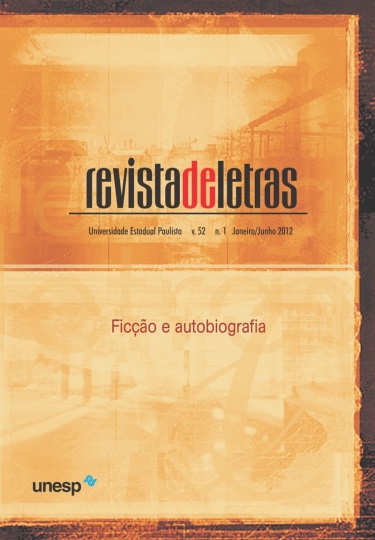The myth of Ulisses in Se questo è un uomo
Keywords:
Primo Levi, Italian literature, Myth of Ulysses, Holocaust,Abstract
This study goes from the myth of Ulysses presented by Dante Alighieri up to Primo Levi’s reformulation of the last adventure of the Greek hero, in the context of his personal experience related to the Holocaust. It is a modern Ulysses that presents a modern vision of Hell. Dante’s Ulysses is among the souls that are convicted to pay for their sins for all eternity and, at the same time, witnesses and narrators, able to tell the process of their own death. In this sense, the Greek traveler became a symbol of the Holocaust memoirs written by Primo Levi, a symbol of the concentration camps. The chapter called Il canto di Ulisse, part of Levi’s Se questo è un uomo, is a classic example of the presence of Dante in the narrative of the Italian survivor . The myth of Ulysses is a symbol of the intelligent man on the threshold of the mystery of the human existence and, in Levi, it becomes a didactic instrument. To recite a poem assumes, in the universe of the concentration camp, the value of a political and human act, a collective affirmation of the values which that system wanted to destroy.Downloads
Published
30/08/2013
Issue
Section
Contributions
License
Os manuscritos aceitos e publicados são de propriedade da Revista de Letras. Os originais deverão ser acompanhados de documentos de transferência de direitos autorais contendo assinatura dos autores.
É vedada a submissão integral ou parcial do manuscrito a qualquer outro periódico.
A responsabilidade do conteúdo dos artigos é exclusiva dos autores.
É vedada a tradução para outro idioma sem a autorização escrita do Editor ouvida a Comissão Editorial.

